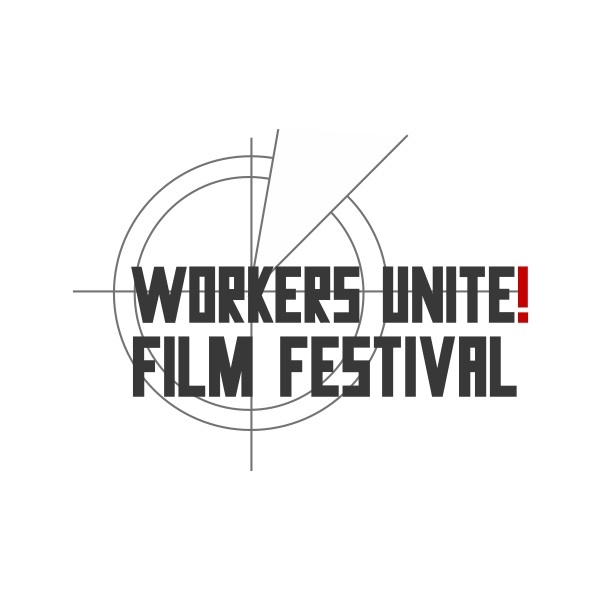February 20, 2012
Joe Burns, in his excellent 2011 book, Reviving the Strike: How Working People Can Regain Power And Transform America, details the rise to power of the American labor movement through the pain of the post-Depression 1930s, strengthened by the passage of the National Labor Relations Act in 1935 and flexing serious muscle and membership throughout the 30s and 40s.
Burns makes clear that American manufacturers, employers, the Chamber of Commerce and their right-wing GOP toadies, did everything in their power to frustrate and scuttle the NLRA right from the beginning. The only fully succeeded in seriously turning back the progressive clock in 1947 when they passed the infamous Taft-Hartley amendment to the NLRA. This revision to worker's rights to organize and the further reduction in labor union's right under the Landrum-Griffin law of 1959, set the stage for the lackluster labor movement of the 70s through to the most recent GOP led attacks on public sector unions. As Burns points out - creating a permanently exploited and underpaid working class through union destruction not only created favorable conditions for increased business owner strength, but allowed employers and their GOP funded lackeys to create in these workers a sense of envy against any remaining public sector unions. The targeting by several Republican governors of public employee unions, during a period of severe economic depression and turmoil was no mere coincidence. This effort to remove the last strong organized labor barrier to "free-market capital" in its quest to privatize schools, prisons, fire departments and almost any public service, was a long planned coordinated attack on the lives and dignity of all working people.
Scott Walker in WI, Mitch Daniels in IN and John Kasich in OH are but the latest examples of politicians heavily funded by right-wing corporate types like the Koch brothers, though many others are out there funding various Republican presidential campaigns. These entrenched members of the 1% group have never relented from their all out attack on American workers, their families and their right to live lives with a living wage and a semblance of dignity. Workers, organizers and union leaders must continue to fight back with strikes, even strikes outside the current rules of the NLRA. As Burns points out in his book, all the lessons of the last fifty years have shown that without the ability to frustrate production by employers, workers are eventually at their mercy. Despite a variety of tactics used by smart unions over the last two decades to fight back; corporate campaigns, top down organizing, workers centers and the like, the percentage of organized union members in this country continues to shrink. Strikes were historically what grabbed not only the public's imagination, but changed the balance of power between owners and workers. Notice today how brutal police can get when Occupy Wall Street protesters even remotely appear to be utilizing some of these historically successful tactics. That is because the powers that be know when to be afraid. When mass movement get going and workers are willing to take to the streets, sit down in their factories, that is when the employer class has lost control.
We must continue efforts like recalling Walker in WI, and celebrate successful repeals of anti-worker laws in OH, but we must do more. We must insist that all workers, regardless of where they work or how many hours they work, or whether they're covered by the NLRA, must be able to organize and must be able to organize under the full protection of the law.
To this purpose we suggest that all labor rights be covered under the Civil Rights Act of 1965 and that all workers immediately receive protection from unfair labor practices, including all types of on the job intimidation including the threat of termination. Putting the Civil Rights laws into true effect has taken a very long time and they still require enforcement everyday, but they are certainly far ahead of where they were in 1965. Penalties and fines for breaking civil rights laws are far harsher and more serious than almost any employer prohibition under the NLRA. We must allow every single worker the inalienable right to free association with their fellow workers for purposes of reclaiming a dignified and just working life. They then could organize into existing union structures - as the successful NY Taxi Workers Alliance have done, or seek to form completely new and forward looking forms of worker unity.
This is the time for positive change - this is the real change we can believe in - as workers, as organizers, members of a fair and just society. As Joe Burns quotes socialist leader Eugene Debs,
Ten thousand times has the labor movement stumbled and fallen and bruised itself, and risen again; been seized by the throat and choked and clubbed into insensibility; enjoined by courts, assaulted by thugs, charged by the militia....but notwithstanding all this, and all these, it is today the most vital and potential power this planet has ever known..."
Our union movement is on the threshold of a major choice, one where the tactics of the last thirty years must be dramatically evolved to confront a vicious and well-funded enemy. I hope the choices for the future are forceful, pragmatic, powerful and fully engaged. Let me know what you think.




